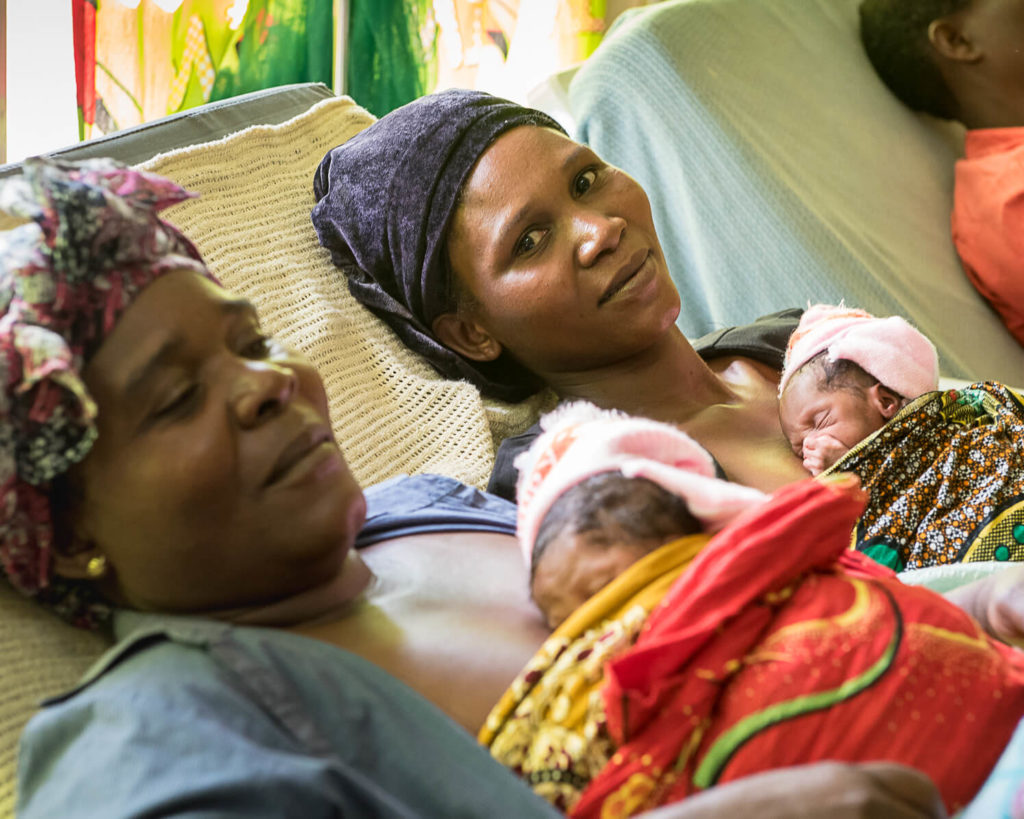Resources
Resources
In partnership with countries around the world, we have developed hundreds of resources to help strengthen the foundations of health systems. Please search our Resources to learn more about our publications, research, programmatic approaches, tools, and learnings.
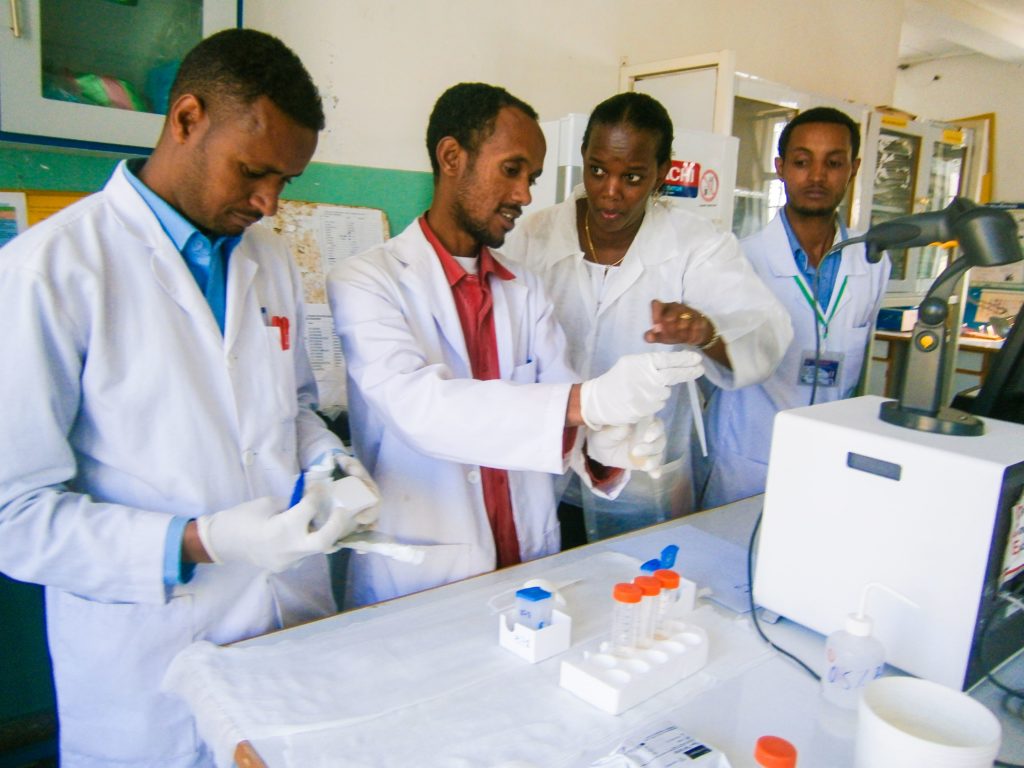
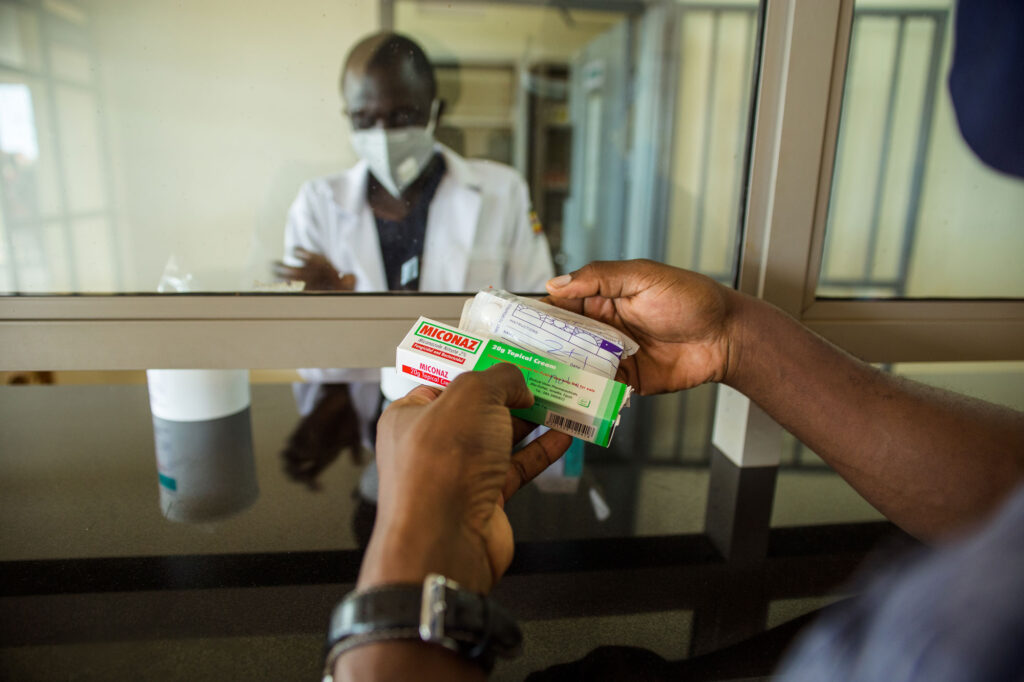
Strengthening Supply Chain and Pharmaceutical Systems for Sustained Health Impact
For more than three decades, Management Sciences for Health (MSH) has partnered with countries to build high-performing supply chains that ensure reliable access to safe, effective, quality-assured medicines and people-centered pharmaceutical services. MSH takes a holistic approach that fosters country-led innovation, whole-of-society engagement and collaboration, private-sector engagement, and effective leadership and governance. This ensures both reliable, affordable access to and sustainable delivery of medical products when and where they are needed and their appropriate use to save lives and improve health.
Topical
Capacity Strengthening using Digital Tools: A Lifesaving Investment in the Health Workforce
MSH supports governments to set up and manage their own virtual learning platforms and workforce development systems, building sustainable digital inf…
Legal Reforms to Improve Access to Medicines in Ukraine
Safe, Affordable, and Effective Medicines for Ukrainians (SAFEMed) Activity – May 2025 Monthly Newsletter and Success Story
Producing Standardized Country‑Level Immunization Delivery Unit Cost Estimates
Accurate immunization delivery costs are necessary for assessing the cost-efectiveness and strategic planning needs of immunization programs. …
What We Do Not Know about the Costs of Immunization Programs in Low- and Middle-Income Countries
Evidence on immunization economics is a critical input for country immunization programs, particularly in low- and middle-income countries (LMICs) wit…
Health impact and cost-effectiveness of expanding routine immunization coverage in India through Intensified Mission Indradhanush
Many children do not receive a full schedule of childhood vaccines, and there is limited evidence on the cost-effectiveness of strategies to improve v…
Seasonal Malaria Chemoprevention in the Sahel Subregion of Africa: A Cost-Effectiveness and Cost-Savings Analysis
The intermittent administration of seasonal malaria chemoprevention (SMC) is recommended to prevent malaria among children aged 3–59 months in area…
WHO-led Consensus Statement on Vaccine Delivery Costing: Process, Methods, and Findings
Abstract Differences in definitions and methodological approaches have hindered comparison and synthesis of economic evaluation results across multipl…
Impact of Campaign-Style Delivery of Routine Vaccines: A Quasi-Experimental Evaluation Using Routine Health Services Data in India
Abstract The world is not on track to achieve the goals for immunization coverage and equity described by the World Health Organization’s Global Vacci…
Socioeconomic Support Reduces Nonretention in a Comprehensive, Community-Based Antiretroviral Therapy Program in Uganda
We evaluated the benefit of socioeconomic support (S-E support), comprising various financial and nonfinancial services that are available based on…
Technical Brief: The Development of Community-Based Health Insurance in Rwanda – Experiences and Lessons
Community-based health insurance (CBHI) is much debated as a way of tackling the challenge of providing access to health care for the poor in developi…
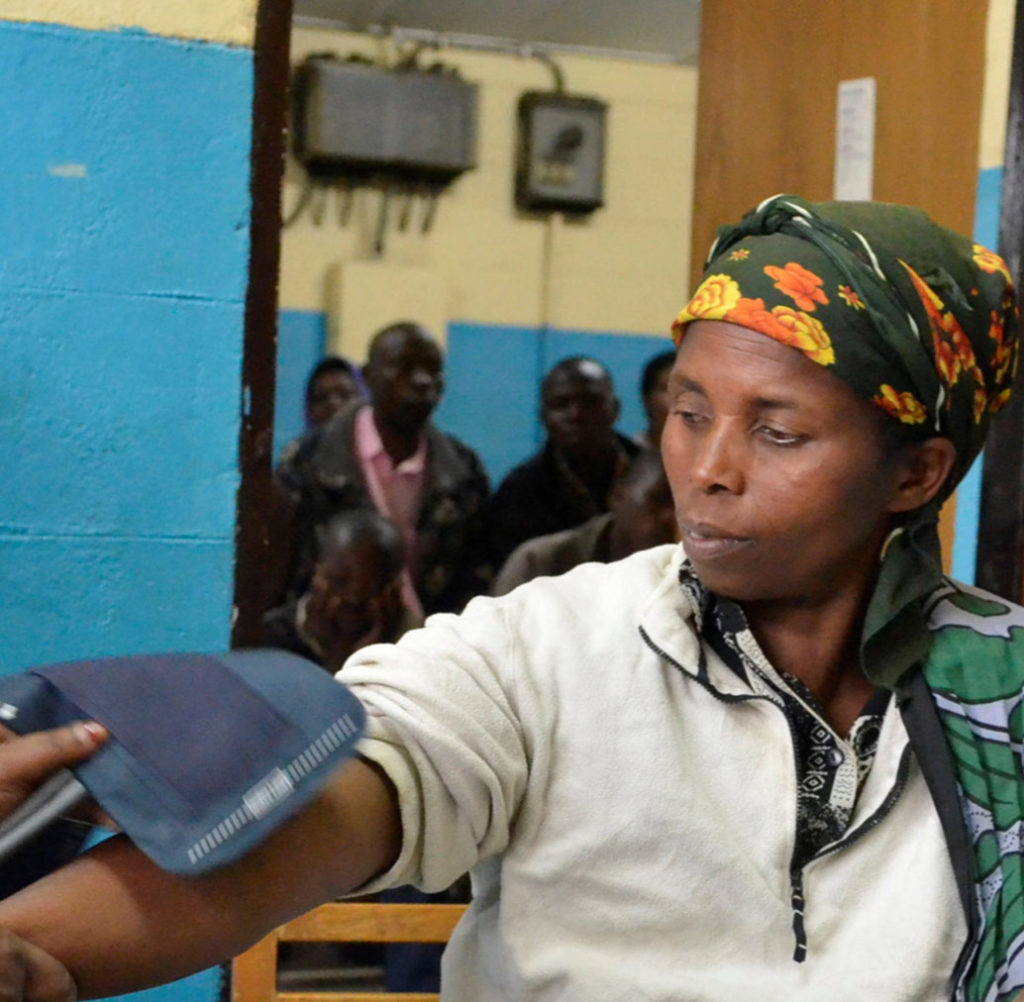
Electronic Infectious Disease Surveillance and Response (eIDSR) System in Rwanda
Willingness to Comply with Physical Distancing Measures against COVID-19 in Four African Countries
The world is facing an unprecedented crisis related to the COVID-19 pandemic with many unknowns, which has led to much confusion and anxiety. …
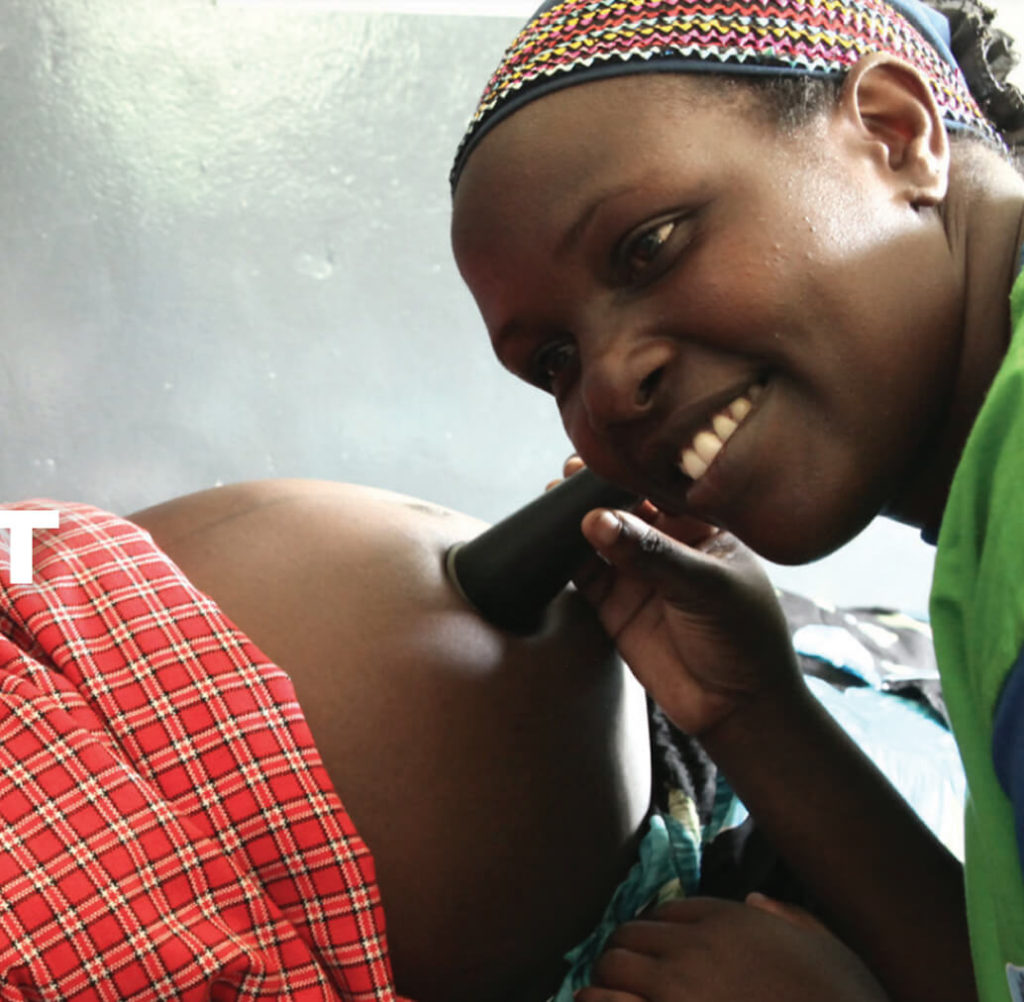
Maternal, Newborn, Child, and Adolescent Health
